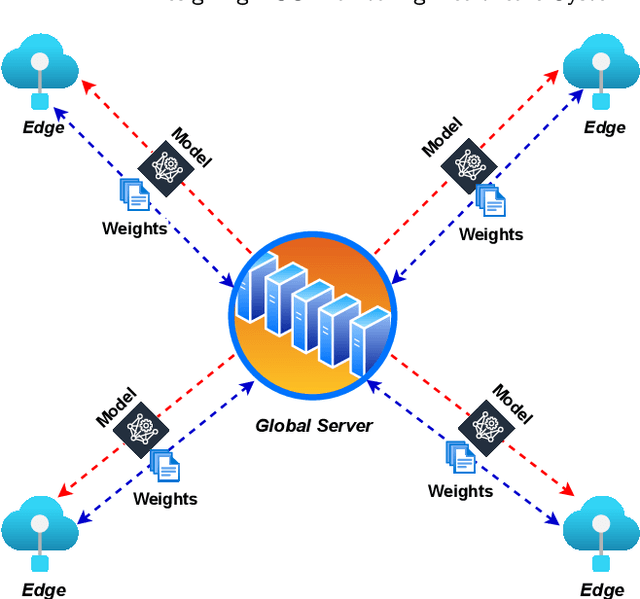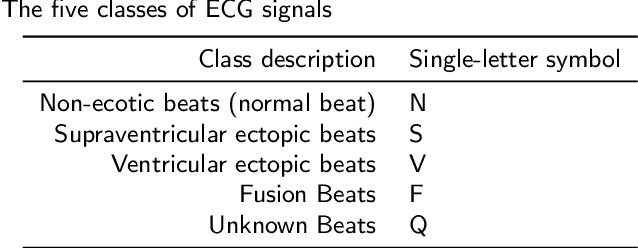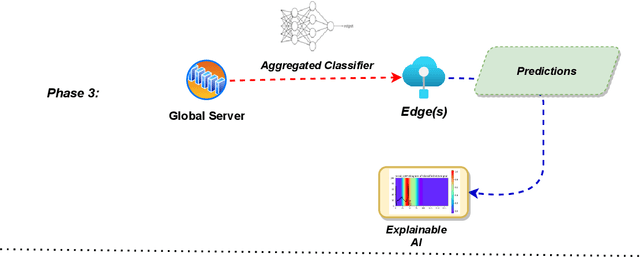Designing ECG Monitoring Healthcare System with Federated Transfer Learning and Explainable AI
Paper and Code
May 26, 2021



Deep learning play a vital role in classifying different arrhythmias using the electrocardiography (ECG) data. Nevertheless, training deep learning models normally requires a large amount of data and it can lead to privacy concerns. Unfortunately, a large amount of healthcare data cannot be easily collected from a single silo. Additionally, deep learning models are like black-box, with no explainability of the predicted results, which is often required in clinical healthcare. This limits the application of deep learning in real-world health systems. In this paper, we design a new explainable artificial intelligence (XAI) based deep learning framework in a federated setting for ECG-based healthcare applications. The federated setting is used to solve issues such as data availability and privacy concerns. Furthermore, the proposed framework setting effectively classifies arrhythmia's using an autoencoder and a classifier, both based on a convolutional neural network (CNN). Additionally, we propose an XAI-based module on top of the proposed classifier to explain the classification results, which help clinical practitioners make quick and reliable decisions. The proposed framework was trained and tested using the MIT-BIH Arrhythmia database. The classifier achieved accuracy up to 94% and 98% for arrhythmia detection using noisy and clean data, respectively, with five-fold cross-validation.
 Add to Chrome
Add to Chrome Add to Firefox
Add to Firefox Add to Edge
Add to Edge